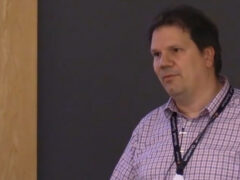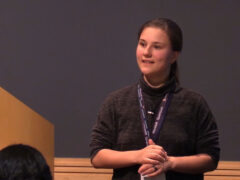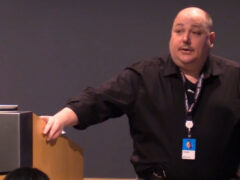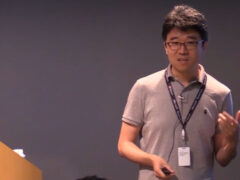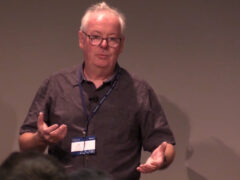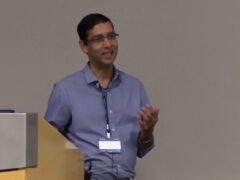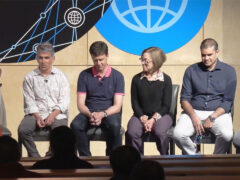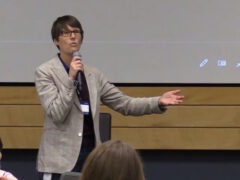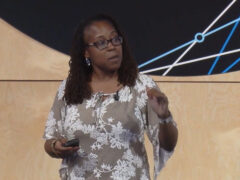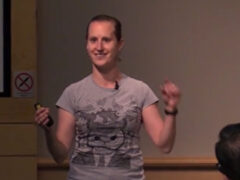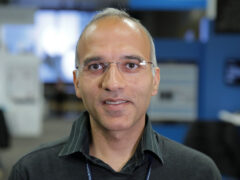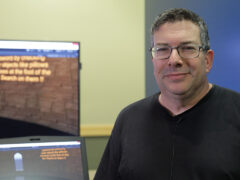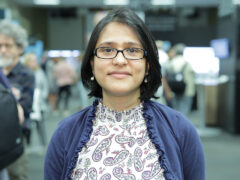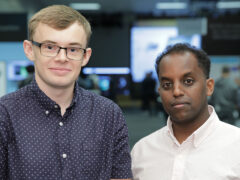AI for AI Systems
As systems become increasingly complicated, cater to large geographical areas, have to seamlessly utilize an incredibly diverse array of computational resources and serve real-time, safety and mission-critical applications there is an emerging need for them to be self-aware or self-tuning in nature. Advances in machine learning and artificial intelligence have recently led to algorithms which can learn high-performance policies over extremely large state spaces (e.g. solving games like Ms. Pacman, Go, Poker or learn self-driving policies for autonomous cars, drones, etc).
Just as the growth of cheap abundant computing and specialized systems (e.g. dedicated accelerators for deep learning) has led to rapid advances in machine learning and artificial intelligence, there is an emerging opportunity for machine learning to help systems back. In this session, we want to explore the technical opportunities and unique challenges that surface when applying machine learning to optimize large-scale distributed systems.
Specifically, we want to explore challenges in developing systems which are self-tunable, resource-aware and use machine learning to dynamically optimize a running system to achieve desired latency, throughput, and other system-dependent utility functions. Making significant progress in this area requires multiple disciplines coming together, namely: machine learning, decision-making, distributed systems, and optimization.
Speaker Bios
- Date:
- Haut-parleurs:
- Debadeepta Dey, Eric Horvitz, Virginia Smith, Behnaz Arzani
- Affiliation:
- The University of Pennsylvania
-
-

Dan Bohus
Senior Principal Researcher
-

Siddhartha Sen
Principal Researcher
-
-
Taille: Microsoft Research Faculty Summit
-
-
Quantum Computing and Workforce, Curriculum, and Application Development: Case study
Speakers:- Krysta M. Svore,
- Martin Roetteler
-
-
-
-
Crowd, Cloud and the Future of Work: Updates from human AI computation
Speakers:- Besmira Nushi,
- Vani Mandava
-
-
-
-
-
Empowering People to Achieve More: How Useful a Concept is Productivity?
Speakers:- Brendan Murphy
-
-
Productivity in Software Development
Speakers:- Neel Sundaresan,
- Margaret-Anne Storey,
- Prem Kumar Devanbu
-
-
-
-
-
-
-
Accessible Virtual Reality
Speakers:- Eyal Ofek
-
Calendar.help: A Virtual Meeting Scheduling Assistant
Speakers:- Pamela Bhattacharya
-
Visual Studio IntelliCode
Speakers:- Mark Wilson-Thomas
-
Microsoft Teams: Collaborate with Any Researcher Anywhere
Speakers:- Jethro Seghers
-
Project Alava: Programming Webs of Microcontrollers
Speakers:- James Devine,
- Teddy Seyed
-
AI in PowerPoint
Speakers:- Kostas Seleskerov


